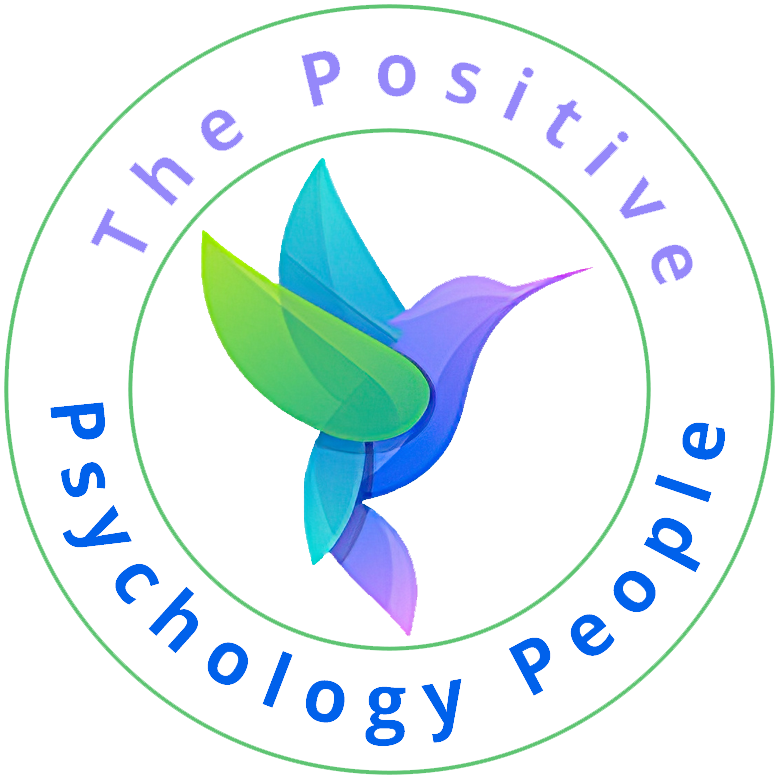Introverts often get their energy from their inner world (Loehken, 2014), and being an introvert myself, I usually do my best thinking when I am alone. However, I also (nothing to do with being an introvert!) have a tendency to perceive certain aspects of myself as a weakness, including those that are related to my introverted personality. For example, I sometimes see my quiet nature as a drawback, particularly at work. More recently though, I have been learning that it can actually be a strength, and when used in the right way it can build my confidence and motivate me.
Being an introvert in the workplace
As an introvert, the workplace can be a difficult place to navigate. The open-plan office environments that are so popular don’t always allow for quiet time, and conversations can take place throughout the day using up a lot of my energy with little time to recharge. Meetings can require people to think on their feet and make decisions, and I (like many other introverts) prefer time to reflect before speaking up.
Focusing on my strengths
Recently I have begun to learn that aspects of my introverted personality provide me with a number of strengths and when used appropriately can bring many benefits. There are two things that have helped bring about this change. One is reading the book ‘Quiet: The Power of Introverts in a World That Can’t Stop Talking’ by Susan Cain (2012), which has helped me appreciate all the great things about being an introvert. The second thing was an assignment I completed as part of my Masters in Applied Positive Psychology on the subject of strengths.
How I use my strengths as an introvert
As part of my degree assignments I completed three few strengths assessments (VIA Institute on Character, n.d; CliftonStrengths, n.d.; Strengths profile, n.d.). Using these strengths (described below) helped me, particularly when done in a way that worked with my introverted personality.
• Relationship building
I wasn’t expecting this to come up as a strength for me and was surprised when it did. It takes longer for me to open up to others and for colleagues to get to know the real me, which means I have to work extra hard to build those connections. But when I do, these connections mean a lot to me. I now realise there are ways I can do this that fit with my introverted personality so that it doesn’t feel so difficult, such as meeting people regularly on a one-to-one basis over a cup of coffee and having deeper and better quality conversations. I also understand that I can’t overdo this in terms of my energy, so I use other ways to maintain these relationships too, such as email or texting.
• Empathy and emotional awareness
This one wasn’t such a surprise to me, but being reserved I don’t make as much use of this strength as I could. So now I try to make sure I reach out to people when I see they are in need of help and I appreciate how rewarding this is. I find this also works really well with my relationship building strength helping to deepen connections with those around me.
• Learning and growth
This was a strength I always knew I had and used, but one that can get neglected during a busy day. Now I try to put aside specific time for this, and combine it with my other strength by learning about current affairs and joining in conversations with colleagues to connect with them this way. Biswas-Diener, Kashdan and Minhas (2011) have discussed the potential benefits of how different strengths could work together, calling this “strength constellations”.
• Intellect
I value having time to think and the opportunity to work on my own when appropriate. Whilst I can work well in teams my best contribution comes from time alone, particularly important when my energy decreases. Therefore I now schedule time for this and read meetings agendas in advance to think about discussion points and maximise my contribution.
How it feels to focus on my strengths
I am discovering that focusing on my strengths in this way is giving me a confidence which I previously lacked. There is a positive impact on my overall happiness and well-being, and I feel excited knowing I am doing things in a way that works for me whilst growing everyday and building great relationships.
References: Biswas-Diener, R., Kashdan, T.B., & Minhas, G. (2011). A dynamic approach to psychological strength development and intervention. The Journal of Positive Psychology, 6(2), 106-118.Cain, S. (2012).
Quiet: The power of introverts in a world that can’t stop talking. London: Penguin.
CliftonStrengths. (n.d.). Retrieved from https://www.gallupstrengthscenter.com
Strengths profile. (n.d.). Retrieved from https://strengthsprofile.com/en-gb/about
VIA Institute on Character. (n.d.). Retrieved from https://www.viacharacter.org/www/
Loehken, S. (2014). Quiet impact: how to be a successful introvert. London: John Murray
Learning.
About the author: Preeti works in HR and is currently studying for a Masters in Applied Positive Psychology.
‘We Are The Positive Psychology People’
The Positive Psychology People is co-founded and sponsored
by Lesley Lyle and Dan Collinson,
Directors of Positive Psychology Learning and authors of the
8-week online Happiness Course

